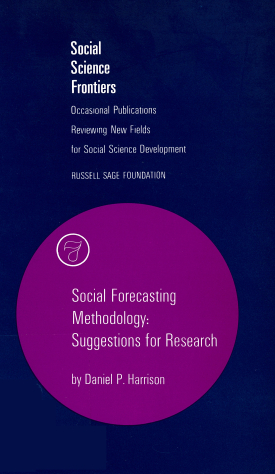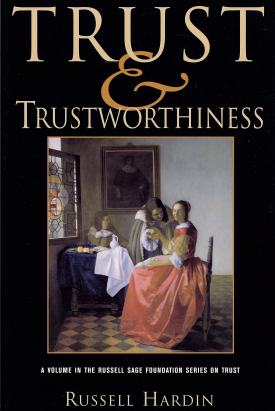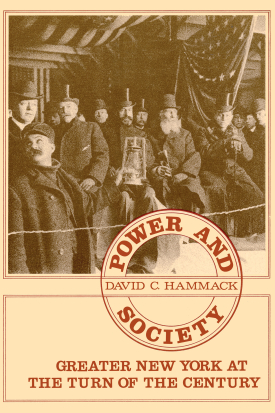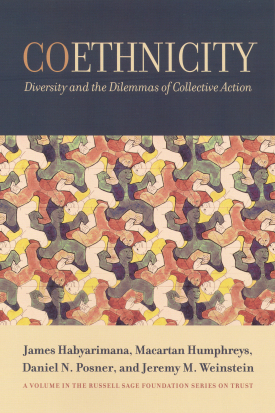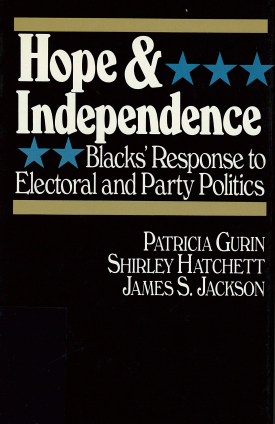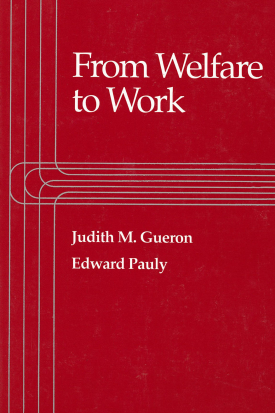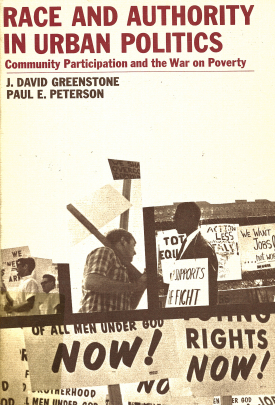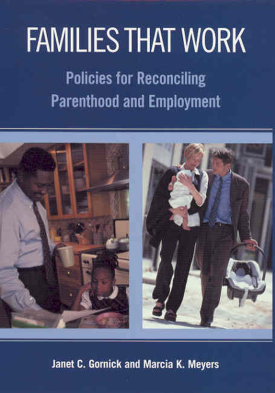If trust is sometimes the rational response in interpersonal relations, then it can also be rational to distrust. Indeed, distrust is the preferred response when it protects against harm—as when parents do not entrust the safety of their child to a disreputable caretaker. Liberal political theory was largely founded on distrust of government, and the assumption that government cannot and should not be trusted led the framers of the U.S. constitution to establish a set of institutions explicitly designed to limit government power.
With contributions from political science, anthropology, economics, psychology, and philosophy, Distrust examines the complex workings of trust and distrust in personal relationships, groups, and international settings. Edna Ullman-Margalit succinctly defines distrust as the negation of trust, and examines the neutral state between the two responses in interpersonal relations. As Margalit points out, people typically defer judgment—while remaining mildly wary of another’s intentions—until specific grounds for trust or distrust become evident. In relations between nations, misplaced trust can lead to grievous harm, so nations may be inclined to act as though they distrust other nations more than they actually do. Editor Russell Hardin observes that the United States and the former Soviet Union secured a kind of institutionalized distrust—through the development of the nuclear deterrent system—that stabilized the relationship between the two countries for four decades. In another realm where distrust plays a prominent role, Margaret Levi, Matthew Moe, and Theresa Buckley show that since the National Labor Relations Board has not been able to overcome distrust between labor unions and employers, it strives to equalize the power held by each group in negotiations. Recapitulating liberal concerns about state power, Patrick Troy argues that citizen distrust keeps government regulation under scrutiny and is more beneficial to the public than unconditional trust.
Despite the diversity of contexts examined, the contributors reach remarkably similar conclusions about the important role of trust and distrust in relations between individuals, nations, and citizens and their governments. Distrust makes a significant contribution to the growing field of trust studies and provides a useful guide for further research.
RUSSELL HARDIN is professor of politics at New York University.
CONTRIBUTORS: Margaret L. Brown, Theresa Buckley, Henry Farrell, Russell Hardin, Cynthia M. Horne, Roderick M. Kramer, Deborah Welch Larson, Margaret Levi, Matthew Moe, Gabriella R. Montinola, Vadim Radaev, Patrick Troy, Edna Ullmann-Margalit, and Unni Wikan
A Volume in the Russell Sage Foundation Series on Trust
